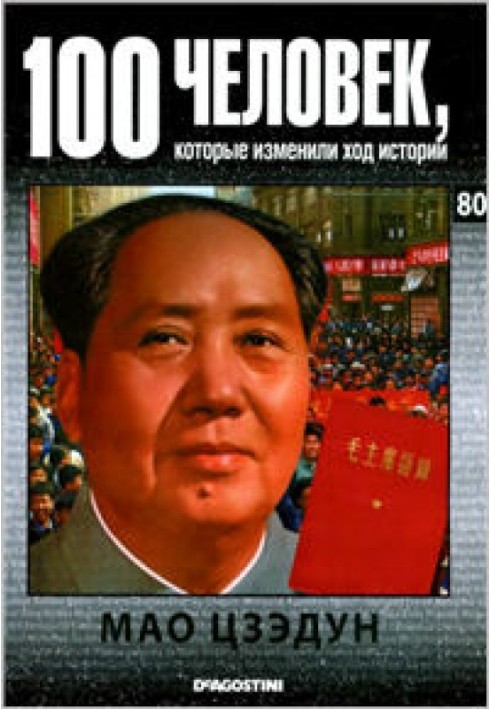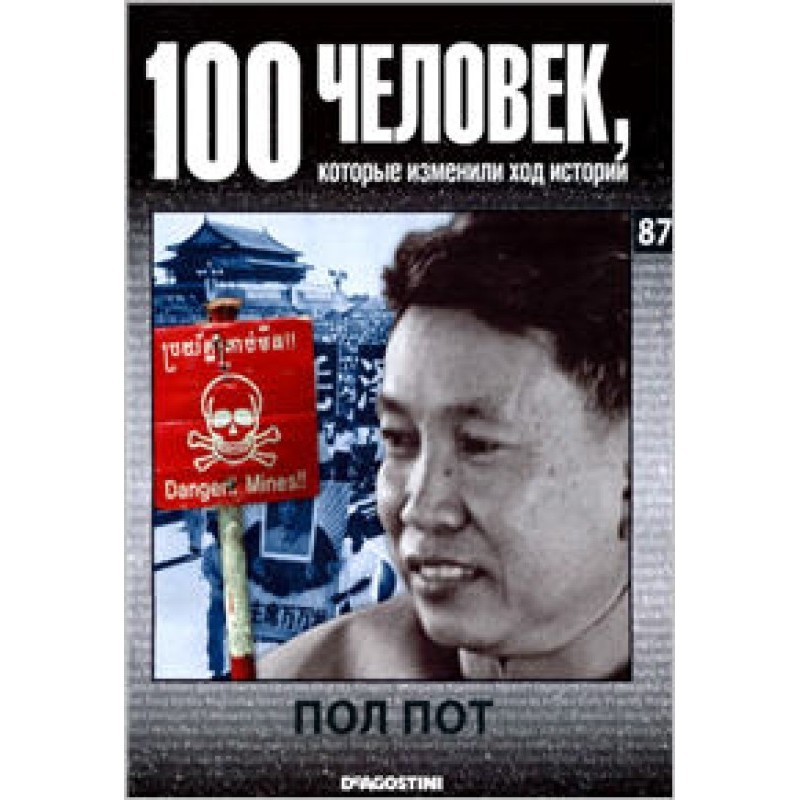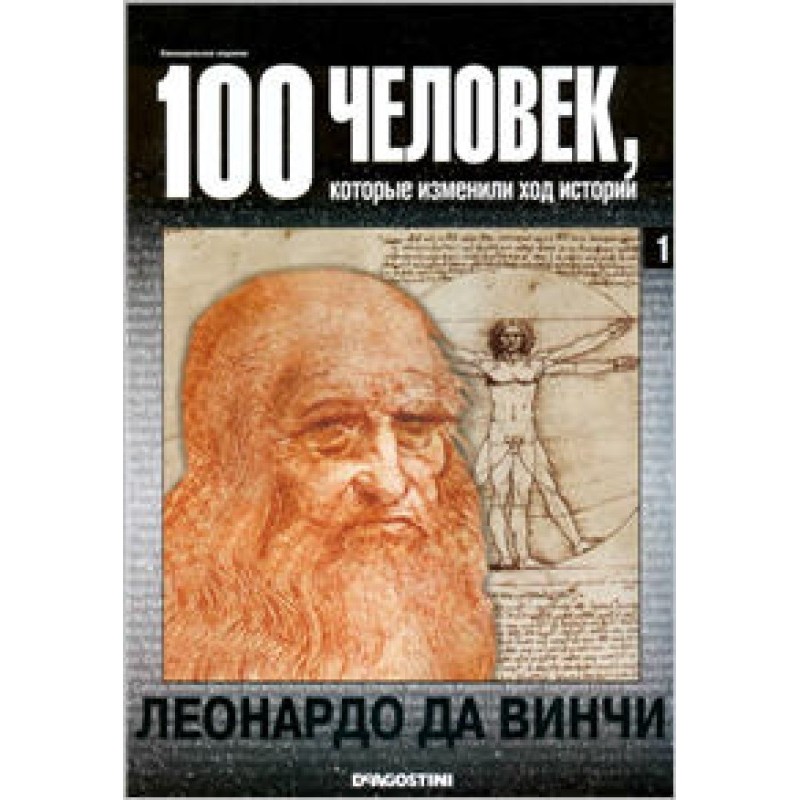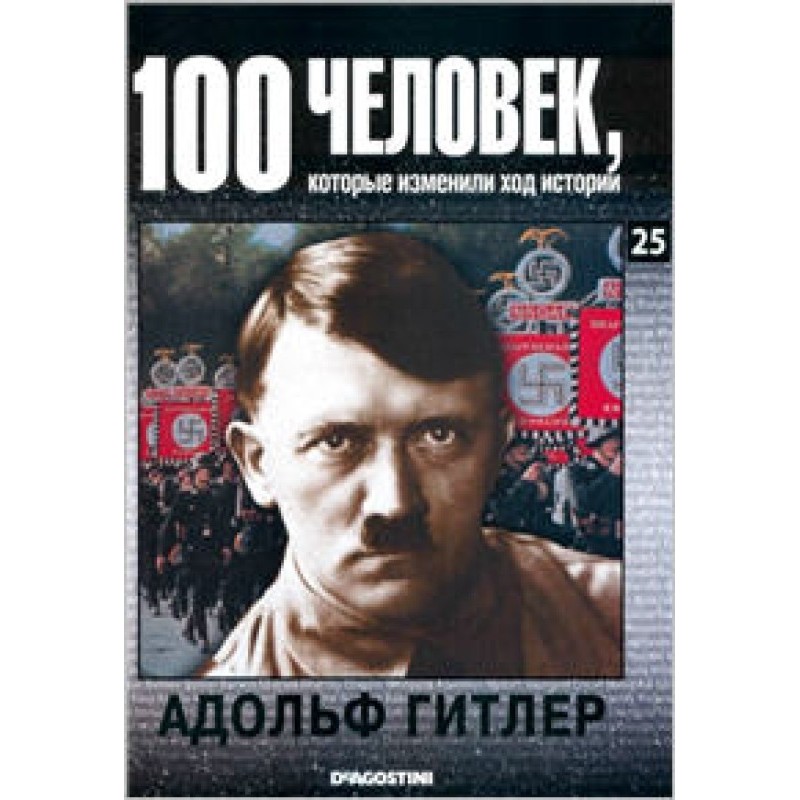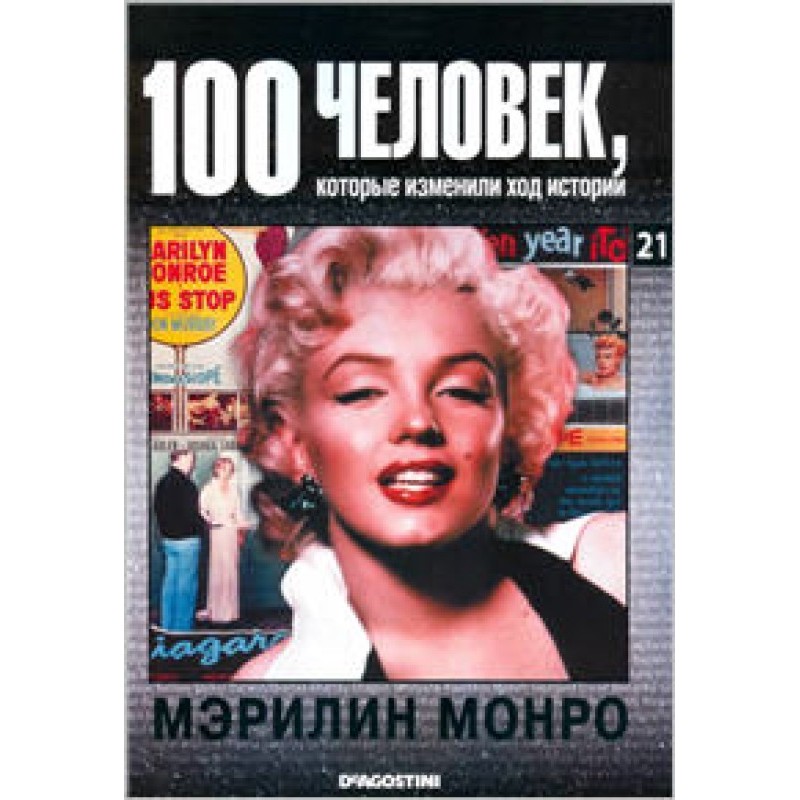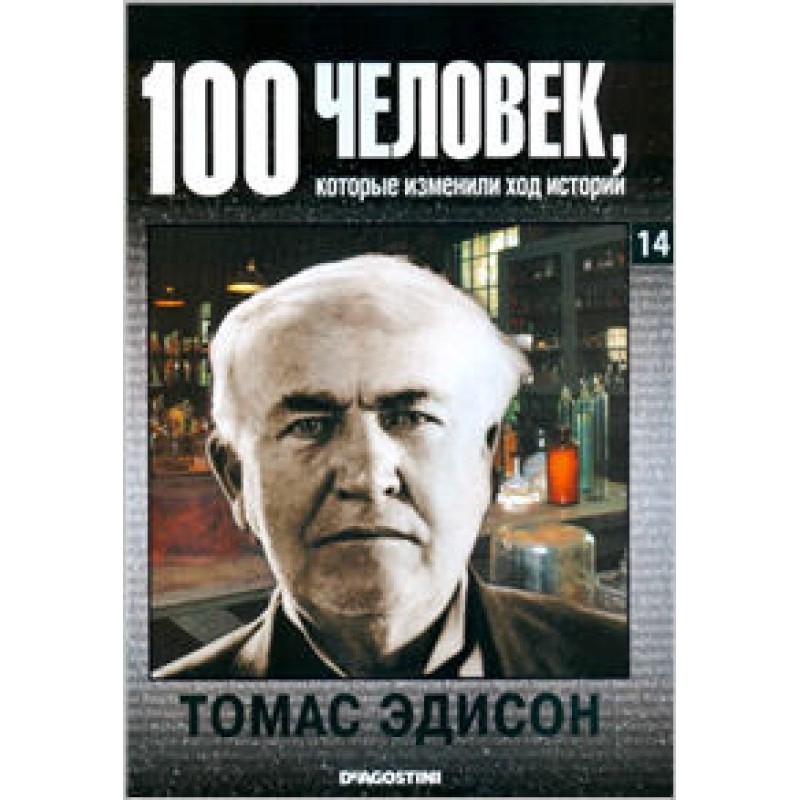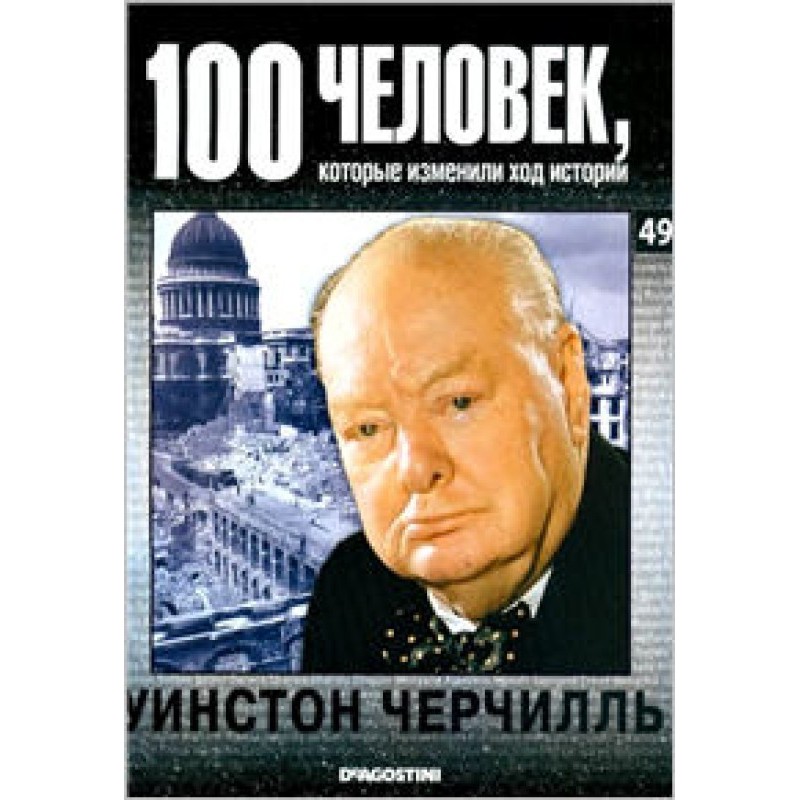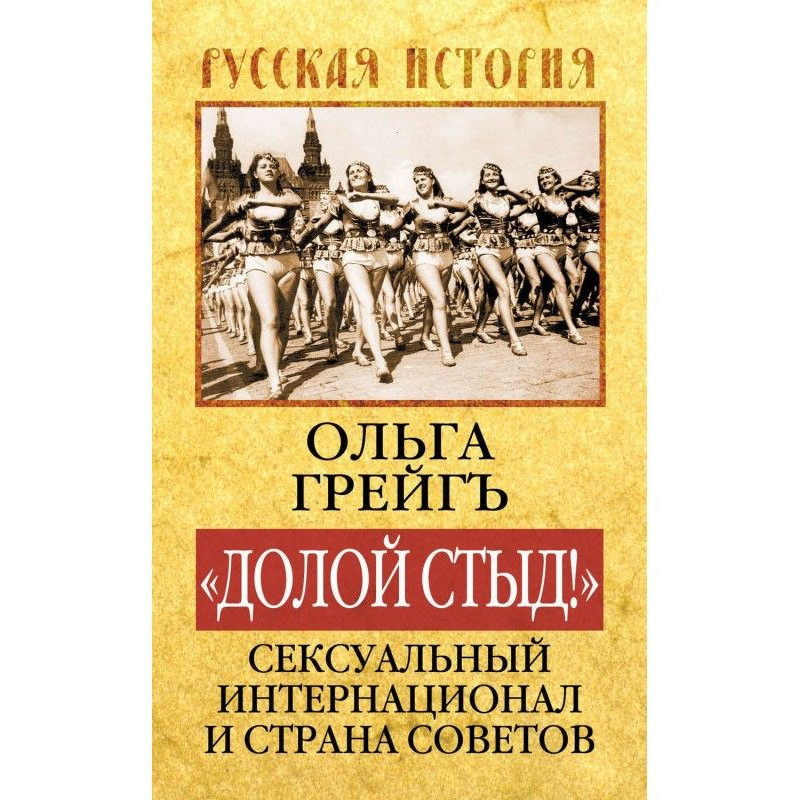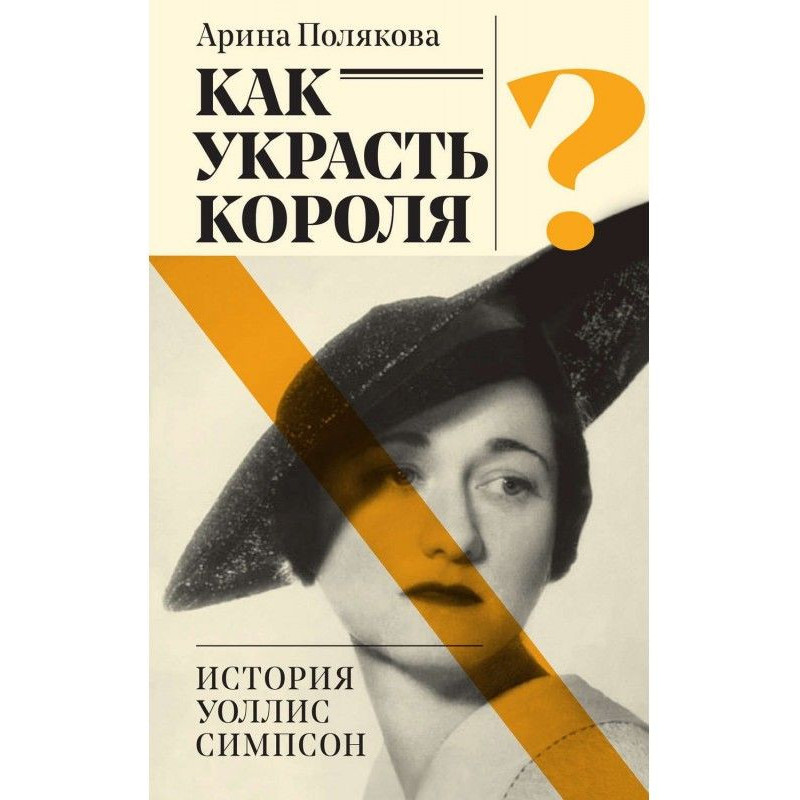Mao Zedong
 Instant download
Instant download
after payment (24/7)
 Wide range of formats
Wide range of formats
(for all gadgets)
 Full book
Full book
(including for Apple and Android)
Mao Zedong (1893-1976) is one of the most striking and controversial figures of the 20th century. To some he seemed the living embodiment of the best qualities of the Chinese people, to others - a hypocritical dictator for whom nothing was sacred. He managed to combine the theories of left-wing radical European philosophers with ancient Chinese traditions. A bizarre mixture of Marxism and Confucianism - no matter how Mao disavowed the latter - turned out to be most effective in the historical conditions in which China found itself in the middle of the 20th century. After the end of World War II, the Chinese Communist Party, led by Mao Zedong, with the help of the USSR, won a civil war war. Taking advantage of the economic assistance of the Soviet Union, Mao managed to achieve complete independence for his country. Having established a regime of personal dictatorship, the “great helmsman” then went his own way, entering into conflict with the USSR. At the right moment, he opposed “his own” socialism to the Soviet system, branding the Kremlin leadership as revisionists and traitors. Mao’s power was not based on the stability and sustainability of social relations, as was the case in ancient empires, but quite the opposite: it was instability and instability that made possible the regime of power that Stalin had created somewhat earlier in the USSR and then creatively developed by Mao in Chinese conditions. All the emergency situations he created (forced industrialization and collectivization, the “Great Leap Forward” and the “Cultural Revolution”) were ultimately the fruits of his incompetence as a manager. The most absurd means of implementing the “Great Leap Forward” were the hunting of sparrows, which caused an environmental disaster in the country, the “dense sowing” of grain, which led to a significant decrease in yields, as well as the smelting of pig iron at home, which turned out to be of such low quality that it was completely unsuitable for use. Mao's original measures to stimulate production and popular enthusiasm were a waste of time and effort. However, in the late 1960s, as the Cultural Revolution began to wane, Maoism suddenly became popular among left-wing intellectuals in developed Western countries. The ideas began to circulate on a par with Trotskyist and anarchist theories and sounded like the antithesis of “outdated” Marxism-Leninism, the ideological basis of the bureaucratic Soviet Union. Left-wing radical ideas rapidly spread in France, Germany, Japan and the USA, but capitalism held out, and in the 1970s the Maoist movement fizzled out. After the death of Mao Zedong, decisive changes took place in China. Currently, China is the fastest growing country in the world. This was the result of the policy pursued by the successors of the “great helmsman”. Having abandoned the ideas of Mao Zedong, they nevertheless continue to consider themselves his successors. Despite the radical change in economic policy and profound social changes, Mao Zedong remains the symbol of the country.
Data sheet
- Name of the Author
- Анастасия Жаркова Евгеньевна
- Language
- Russian
Reviews
Глибоке дослідження суперечливої постаті
Книга про Мао Цзедуна є вражаючим і глибоким дослідженням однієї з найсуперечливіших фігур XX століття. Автор майстерно поєднує історичний контекст із особистістю Мао, показуючи, як його ідеї та дії вплинули на Китай і світ. Читач отримує можливість зрозуміти, чому Мао став символом для багатьох, незважаючи на його жорстокі методи та незліченні помилки в управлінні. Книга детально аналізує його політичні рішення, такі як "великий стрибок" і "культурна революція", які призвели до величезних людських і економічних втрат. Водночас автор не забуває про вплив Мао на західну інтелектуальну думку, що робить цю книгу актуальною навіть сьогодні. Рекомендую всім, хто цікавиться історією, політикою та соціальними змінами, адже ця книга відкриває нові горизонти розуміння складних процесів, які формували сучасний Китай.

